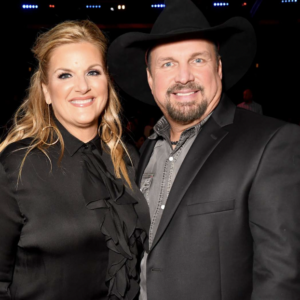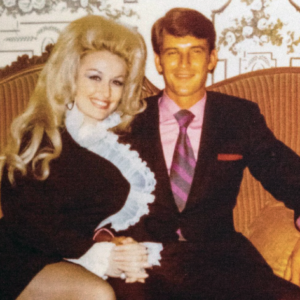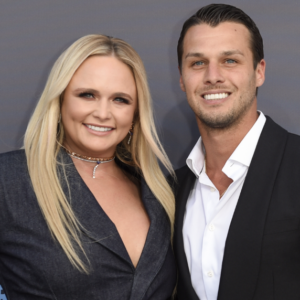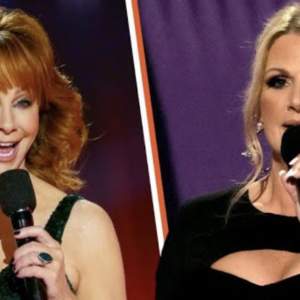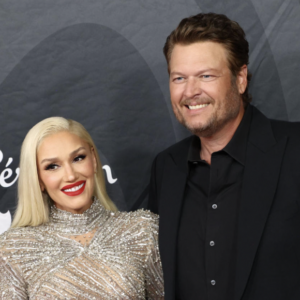Sunny Hostin Caused a Stir by Unexpectedly Announcing She Would Leave The View and America in Her Latest Post: “It’s All Because of My Skin Color”

Image: Getty Images
Sunny Hostin, known for her role as a co-host on “The View,” has ignited significant controversy following her recent comments regarding her feelings of entrapment in what she perceives as a racist America. The announcement, which blends personal emotion with larger societal critiques, has raised eyebrows and sparked fervent debate across media platforms. Among her statements, Hostin expressed a desire to relocate, indicating that her skin color has heavily influenced her experiences and perceptions of democracy in the United States.
Hostin’s Controversial Remarks and Their Implications
In her recent post, Hostin referenced the distressing climate surrounding race relations in America, noting that she feels “stuck.” This sentiment resonates with many who believe that America is grappling with systemic issues related to race, echoing sentiments that have arisen throughout the Black Lives Matter movement. However, Hostin’s specific framing of her situation has led some to question the authenticity of her claims, particularly given her considerable success and visibility as a media personality.

Image: Getty Images
Criticism directed at Hostin’s comments highlights the apparent disconnection between her experiences as a high-profile commentator and the daily realities faced by average Americans navigating racism. For example, her remarks came shortly after the firing of prominent journalist Joy Reid from MSNBC, leading to further speculation about the perceived pressures within the media landscape itself. Critics argue that while she laments her position in the country, she remains comfortably ensconced in a lucrative contract with ABC News, reportedly earning around $8 million per year.
The Dichotomy of Privilege and Activism
As Hostin grapples with feelings of being “held back,” the criticism surrounding her privilege adds layers of complexity to her narrative. While she tones her remarks with an air of activism, figures in media and beyond have pointed out the substantial platform she holds, questioning whether her financial standing detracts from her credibility. This dichotomy between privilege and activism has sparked a broader discourse on the moral responsibilities of media figures when discussing systemic injustices.
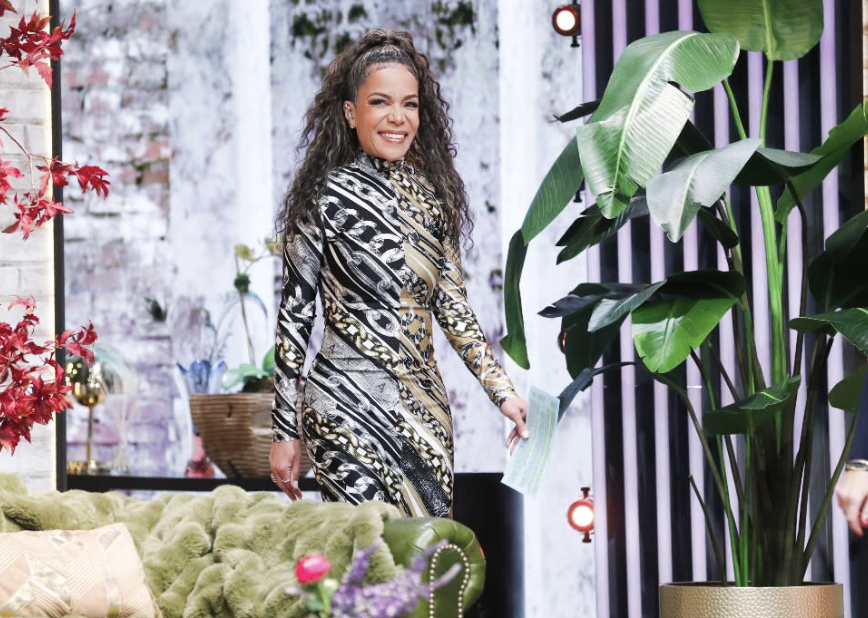
Image: Getty Images
The reaction to her statements has been mixed—while some empathize with her plight, others have branded her views as performative, undermining the validity of her advocacy. OutKick founder Clay Travis summarized this sentiment by labeling Hostin as “the Michael Jordan of awfulness,” a reflection of the discontent that many feel towards her style of commentary. Such remarks underscore an ongoing critique of media personalities who position themselves as voices for the marginalized while enjoying the very privileges they critique.
The Broader Discussion on Race and Democracy
Hostin’s recent statements come in a time when race and democracy in America are under intense scrutiny. Conversations around systemic racism, equity, and privilege have gained renewed momentum, prompting public figures to reassess their roles as influencers and advocates. Hostin’s remarks can be interpreted as a call to address these issues from a personal lens, yet they also illuminate the complexities inherent in her position.
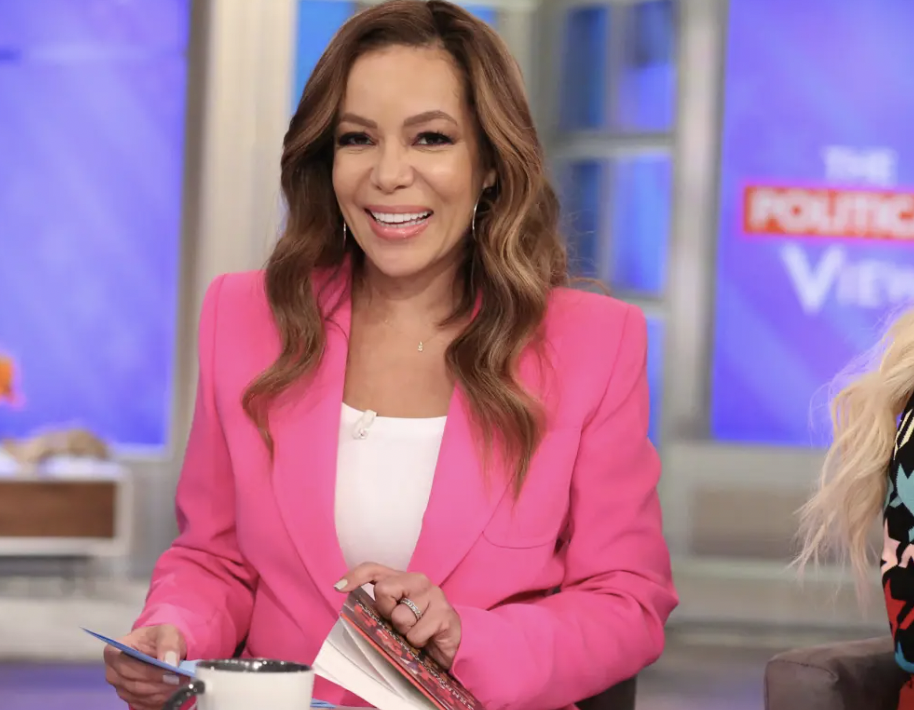
Image: Getty Images
Critics assert that discussions surrounding race should not simply center on individual experiences but rather require a comprehensive examination of systemic factors that contribute to a culture of inequality. This is where Hostin’s comments have faced pushback—while she urges for change, her affluent position raises questions about accountability and the effectiveness of her proposed solutions. The ongoing national conversation thus begs the question: how can individuals in privileged positions contribute meaningfully to systemic reform without losing sight of their advantages?
The dialogue surrounding Hostin’s statements serves as an important touchpoint in wrestling with race in America today. It encapsulates the struggles many face in navigating their identities while trying to advocate for change. Her reactions may very well resonate with feelings of frustration that many experience, yet they also reflect the challenges of authenticity when one occupies a space of privilege in society.
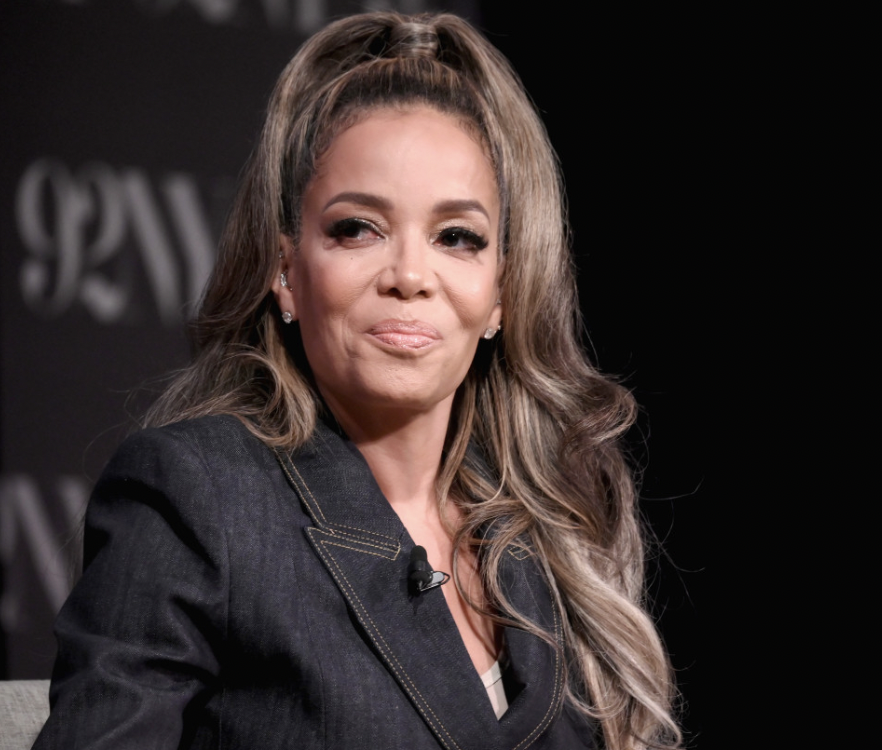
Image: Getty Images
The ensuing backlash against Hostin represents a broader societal tension, one that reveals much about the current state of discourse surrounding race and identity in the American landscape. As discussions progress, it remains imperative to recognize the importance of authenticity, responsibility, and the urgent need for action towards achieving equality.
In conclusion, while Sunny Hostin’s comments have stirred significant debate about race and privilege in America, they have also opened the floor for a much-needed dialogue on the responsibilities of prominent voices in media. Those navigating such discussions are encouraged to reflect on their positions and consider how best to advocate for genuine change. For media personalities like Hostin, taking a stance is essential; however, matching their rhetoric with actionable efforts can drive the conversation forward.
Readers are prompted to engage in these discussions thoughtfully, exploring the myriad complexities of race, democracy, and accountability in today’s America.

